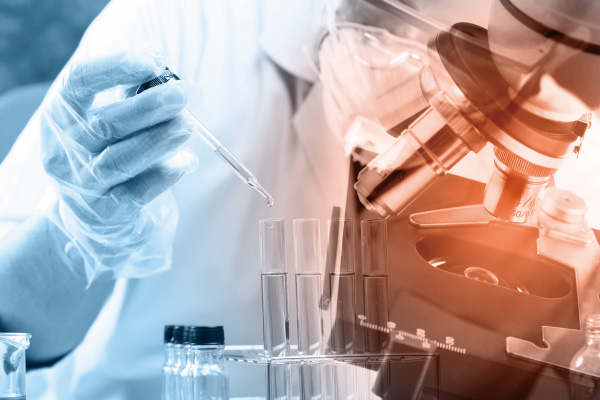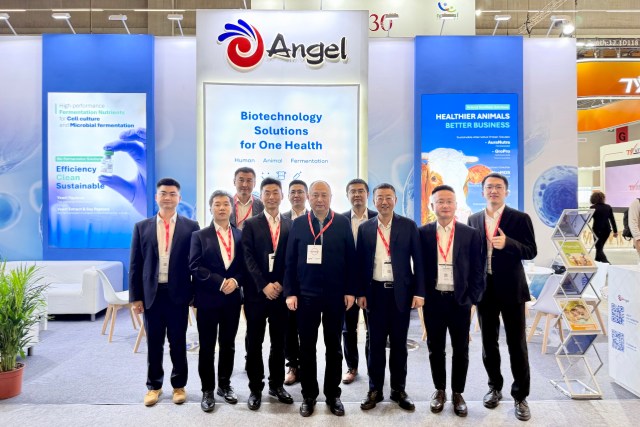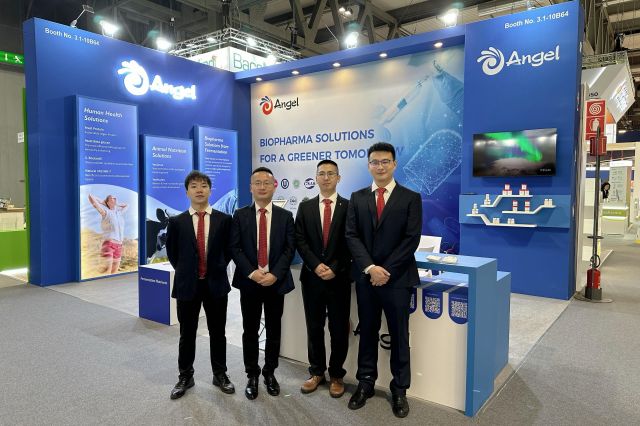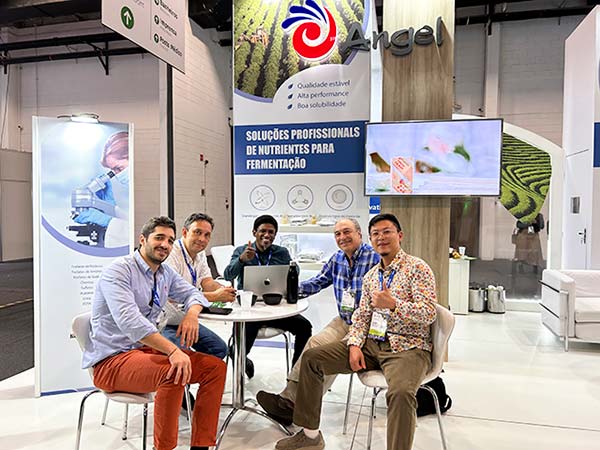Jan 20, 2023
Nitrogen is essential to biomanufacturing. Because the element is a key media ingredient for cell culture, manufacturers of large molecule medicines and other biologic products need reliable access to stable, high-quality nitrogen.

The status of nitrogen as an essential nutrient for biomanufacturing reflects its role as a building block for ribonucleic acids, amino acids, and proteins and its ability to promote high numbers of cells during the fermentation process. As a key enabler of biomanufacturing, nitrogen is used across a number of vital and fast-growing areas, including the production of biologic medicines and artificial meats.
Traditionally, companies used organic nitrogen sources of animal origin to support biomanufacturing. However, authorities including the European Pharmacopoeia and the US Pharmacopeia now ask medical product manufacturers to prioritize materials from “non-transmissible spongiform encephalopathy-related animal species” or “non-animal origin” to minimize safety risks associated with infectious agents.
At the same time, biomanufacturers have identified plant nitrogen sources as a more sustainable option that supports a harmonious coexistence between human beings and nature. The energy crisis is also disrupting the nitrogen market and steering biomanufacturers toward plant-based sources.[1]
Biomanufacturers need to manage the transition to plant organic nitrogen smoothly to maintain their upward trajectory, which is tipped to drive a 12.5% compound annual growth rate for biologic medicines from 2021 to 2030.[2] Yet, the fast-growing global industry faces a shortage of companies capable of providing high-end plant organic nitrogen, creating a pressing need for new entrants with the scale and expertise needed to meet rising demand.
Why nitrogen production is challenging
The production of plant organic nitrogen poses three sets of challenges: meeting key quality indicators; handling multiple plant species on the same manufacturing line; and establishing a quality system that improves product stability.
Addressing the quality indicator challenge entails the pre-treatment of plant protein raw materials and directional enzymatic digestion, the removal of nutrient-inhibiting components, endotoxins, and other heat-source components, and the development of process technology. Mastery of all those elements is needed to consistently produce nitrogen with the desired solubility, content, and degree of hydrolysis of endotoxin and other indicators.
The second challenge reflects the wide range of plant species that are used to produce the variety of nitrogen sources required by the biomanufacturing industry. There are large differences between the physicochemical properties of different materials, making flexible manufacturing capabilities essential to the co-production of multiple varieties of plant organic sources on single manufacturing lines.
Rising to the challenge entails the design of multi-functional production lines that are made up of carefully chosen and verified equipment at each process link and supported by technical and engineering experience. Integrating tangential flow ultrafiltration, multi-stage continuous centrifugation, and other key equipment brings further benefits, resulting in production lines capable of producing plant peptones from soy, wheat, pea, chickpea, and more.
The third core challenge is to implement an effective quality system and standardize the raw materials, production process, and inspection. While manufacturing lines need to be flexible, management of the production process must be standardized to provide customers with stable, safe, effective, and traceable plant organic nitrogen sources. Nitrogen suppliers should also use fully certified, non-GMO raw materials that are free from animal products and meet International Organization for Standardization (ISO) criteria.
How Angel Yeast entered the market
Angel Yeast, the largest yeast extract supplier in the world, has worked through the challenges faced by new entrants to the nitrogen market, positioning it to open a production line with a capacity of 5,000 tonnes in Binzhou, Shandong province. The facility will produce a wide range of peptones derived from soy, wheat, corn, and pea, giving Angel Yeast a globally unique portfolio that spans nitrogen products and yeast-sourced fermentation nutrients that can be combined to improve downstream performance.
Work to build on the platform provided by the plant is underway. Angel Yeast plans to develop more categories of organic plant nitrogen sources to meet the needs of different markets and customers while also offering customized services. The expansion plan covers applications including plant protein products, food flavoring, special medical diets, nutrition and healthcare, and biological agriculture.
Angel Yeast began the expansion project with the goal of establishing the most complete plant organic nitrogen source production line in the world. With the opening of the production, the company has taken a step toward the realization of that objective, positioning it to support manufacturers in Europe and other parts of the world as they transition toward more sustainable sources of organic nitrogen.
References:
[1]. Energy chaos disrupts European nitrogen market (2022).
[2]. Biopharmaceuticals market size to surpass US$ 856.1 billion




